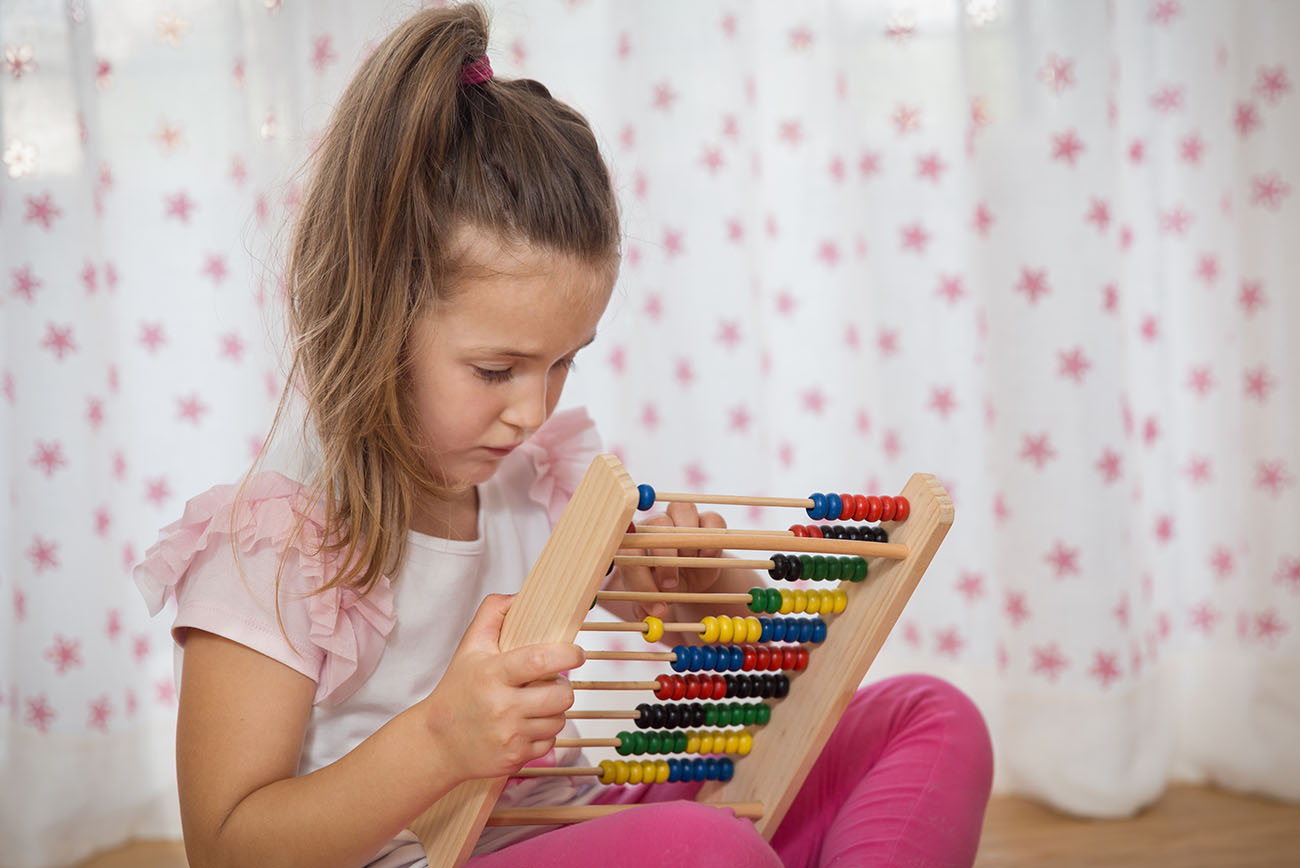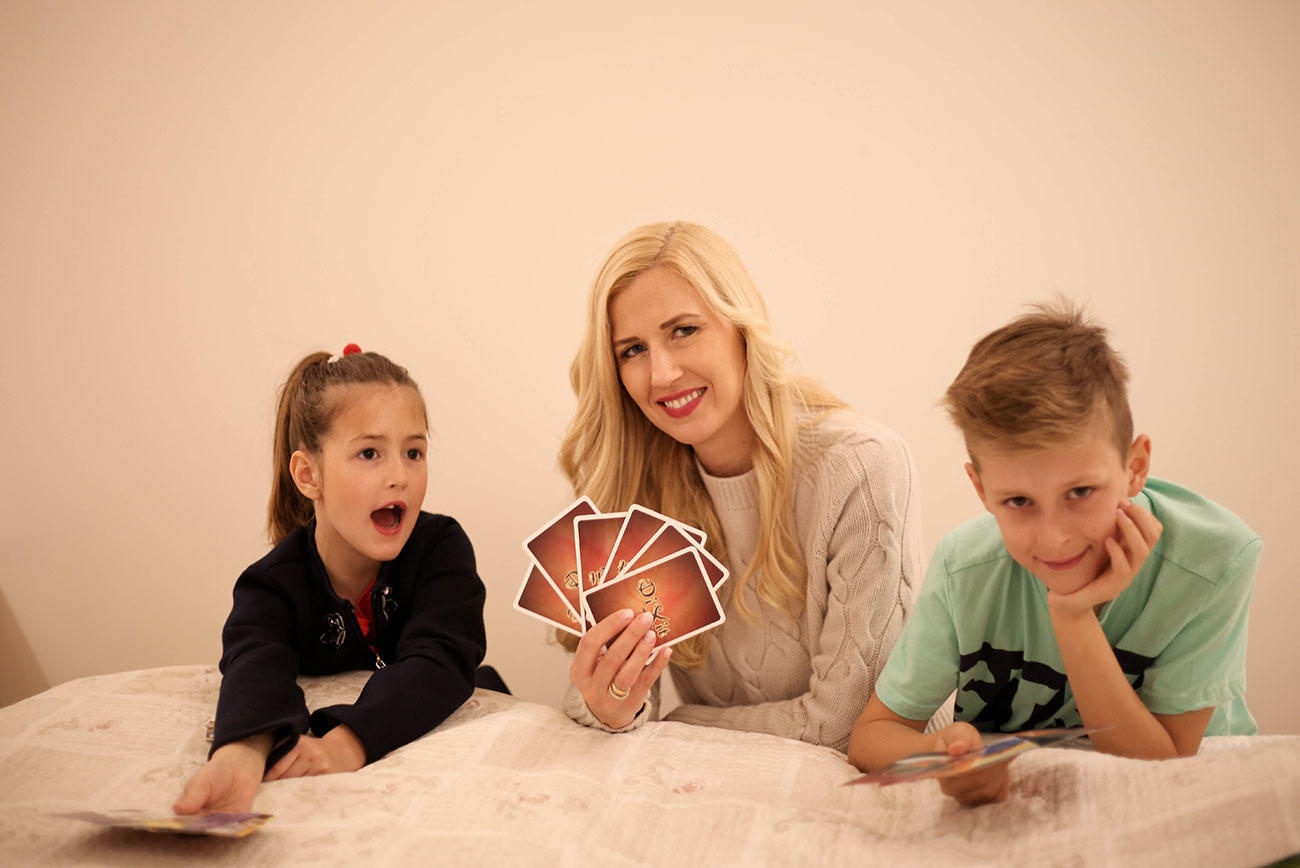How we can support children’s concentration at home?
I hear very often that a child cannot concentrate on learning, that a preschooler will not sit in one place and will not take care of puzzles or laying blocks etc. Recently, I wrote an article why this happens. Read it here.
There is no learning without concentration. There is no concentration without interest. Regardless the learning process concerns walking, writing, multiplying or dividing large numbers, there must be a concentration appropriate for the given activity. Concentration is an important skill that requires constant work and development.
In Montessori kindergartens (and not only in kindergartens, and at all levels of education in the Montessori system), we find spaces prepared to give children the opportunity to work freely and to practice deep concentration. It is also important to keep children uninterrupted work time so that they can focus on the task for as long as they need it without the extra-curricular activities imposed by adults. Thanks to the environment prepared in this way, self-control and self-regulation also develop better with the concentration in children.
I wonder if the pressure to spend time together with children and parents’ fears of child boredom did not make us try to compensate them for children with tablets, cartoons, and other gadgets in such a way that they would be occupied.
The time spent in interacting with children is very important.
It is equally important to provide children with opportunities for independent work and play, as well as time for boredom. The best way to develop concentration are the activities that simply require it. And the best way to cultivate concentration that is already appearing and developing is to avoid breaking this focus during child activity.
So how parents can support, nurture and protect concentration at home?
- Observation – start by observing your child and try to capture what attracts his attention here and now.
- Prepared environment – prepare materials and arrange them in such a way that they are available and organized.
- Creativity – if you see that the child creates itself, try to provide the necessary materials and place.
- Do not interrupt – if you see that the child is focused on some activity, do not bother. Just be around.
- Pattern – as a parent, you are very important person in a child’s life and a child often imitates you. So be a good role model and show your child that you also have a job that requires concentration.
- Time – give your child uninterrupted time to complete the task.
- Movement – if a child has the opportunity to develop their motor skills by playing outdoors, it will be easier for them to undertake activities that require concentration.
- Relax – find time and a way to relax and do it together with your children.
Instead of exposing children to the effects of over-stimulation with high technologies, I suggest to encourage them to spontaneous play – alone or with other children – so that they constantly develop their imagination and creativity. In this way, we will create a healthy environment conducive to the natural development of the young mind.


